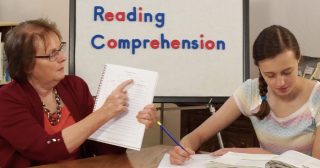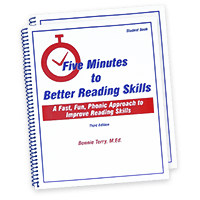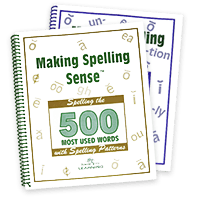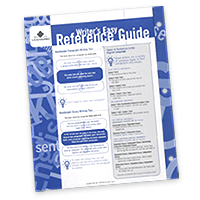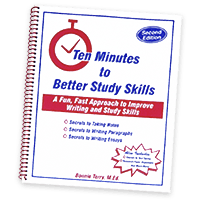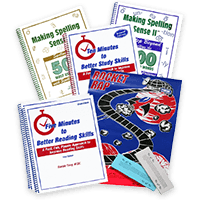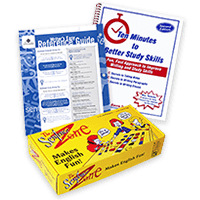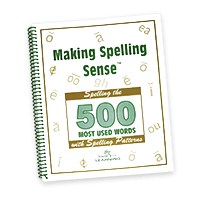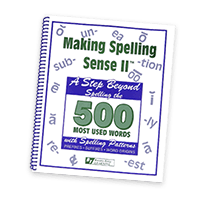What do I do? My Child’s Teacher Just Told Me My Child has ADHD
January 22nd, 2009Dear What do I do…
You do NOT want to jump to conclusions when a teacher or school suggests that your child is ADHD. Instead, take a breath, and remember the following. ADD and ADHD are NOT life threatening. Then realize that a school cannot actually diagnose ADHD. There are several checklists that you can do that will give you as a parent an indication if you child has ADD or ADHD. If the check lists, and I am using the plural here on purpose, give you an indication that your child may have ADD or ADHD, you may want to have your child evaluated by their pediatrician regarding the problem.
I always suggest to parents that they bring in copies of the checklists they have done that indicate their child may have ADD or ADHD to their pediatrician. The checklists will help the doctor in his or her evaluation.
If the pediatrician concurs, there are many alternatives for dealing with ADD/ADHD before going the medication route. After trying and exhausting all of those possibilities, I always remind parents that if their child needed glasses they would not deny them glasses. If they needed a hearing aid, they would not deny them one. ADD is a chemical imbalance in the brain, so if they need medication, do it, BUT be sure to monitor it to be sure that it is the right medication and dosage.
BTW: There are actually about 5 different types of ADD (Windows Into the A.D.D. MIND by Dr. Daniel Amen):
- ADD, with hyperactivity (ADHD)
- ADD, without hyperactivity (couch potatoes)
- ADD, over focused (tend to get stuck)
- ADD, depressive (negative and irritable)
- ADD, violent, explosive (dark thoughts)
That being said, there may be an entirely different problem going on such as either a visual or auditory processing problem where their vision perception [there are nine areas, one is visual tracking] or auditory perception system [there are nine areas, one is auditory memory] has been overloaded because it isn’t working as efficiently as it should. When that happens children often seem to daydream or be off task. They don’t know enough to pull themselves back to the current activity so they often get ‘nailed’ for not paying attention. To find out more about possible learning problems, dyslexia, or learning disabilities download Understanding LD and Dyslexia e-book here.
If your child does have ADD/ADHD, dyslexia, learning disabilities, visual processing, auditory processing, or even behavior problems and does NOT qualify for an IEP, you can often have a 540 Plan written with services or accommodations that the school can do to help your child thrive in the classroom. I’ve listed 22 of the services on my blog as well as homework help tips for children with ADD or ADD-like behaviors, go to: the 22 services post dated Nov 5, 2008.
There are a several other articles on the blog that you may be interested in too.
I hope this has been helpful.
Bonnie Terry, M. Ed., BCET
Board Certified Educational Therapist





